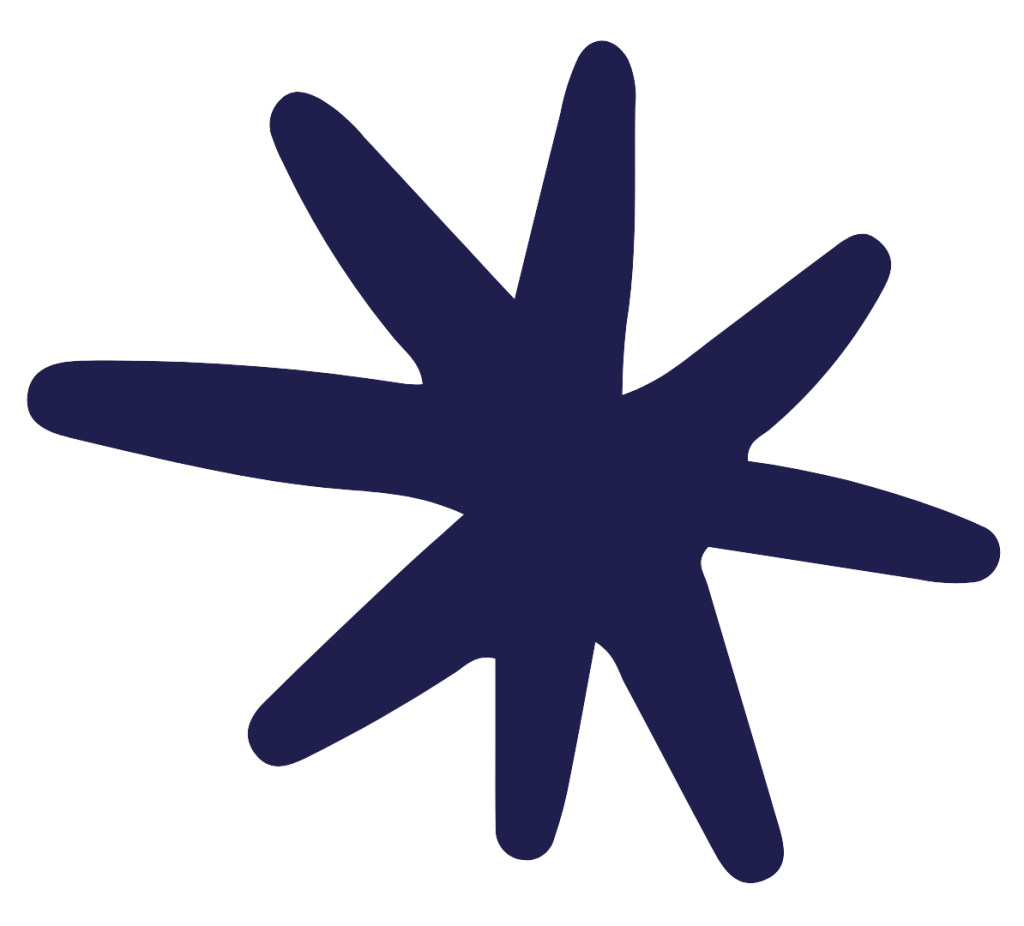HOME SCHOOLING



Overview Of Home Schooling in South Africa


Homeschooling is gradually becoming more popular in South Africa since it was legalised in 1996. There are many reasons why parents opt for this method of education and there are now an estimated 100,000 children being homeschooled in South Africa. However, there are still widespread misconceptions about homeschooling.
Definition of Homeschooling

There is some degree of inconsistency in the definition of homeschooling these days. Traditionally, homeschooling meant that children were educated at home by their parents and not in a school by teachers. It was seen as unconventional. However, this has drastically changed in recent years. Homeschooling is now becoming accepted as a part of mainstream schooling, albeit an alternative methodology.
Nowadays there are private tutors specialising in homeschooling, education development centres catering for homeschoolers and curriculum providers offering online teaching. No longer is homeschooling solely in the hands of the parents if they choose to use these services, nor is teaching isolated to the home.
Therefore, homeschooling can be defined as primary and secondary education outside of formal schools. It simply means that children do not attend public or private schools for their education needs. While comparisons are sometimes drawn with UNISA (University of South Africa) for tertiary education, homeschooling goes beyond the concept of distance education.


Curriculum Providers
Home learners must be registered with the Department of Basic Education and parents need to ensure that they adhere to the curriculum relevant to their child’s grades. While the curriculum and some materials can be acquired from the Department, many parents prefer to go through an independent curriculum provider specialising in home education.



Sporting and Extracurricular Activities

As with the learner’s academic needs, parents are also responsible for ensuring that their child has access to sports and extra-curricular activities. These days many schools offer different sporting activities as part of the school curriculum or after school as an extra-curricular activity. Homeschooling children do not have this option. Some education development centres also provide facilities for sporting and extra-curricular activities and group excursions. However, many parents opt for separate instructors or coaches for these requirements.
Homeschooled children often have a full week with different classes (arts, sports and culture), either on an individual basis or as part of a group. In addition, group sporting and extra-curricular activities offer the learner a chance to interact with others of his/her age and grade. The benefit of coaching outside of the school’s choice of after-school instructors and coaches is that gifted children can invest more of their time in a specific activity through an instructor/coach of the parent’s choice and without the hindrance of traditional schooling hours.
